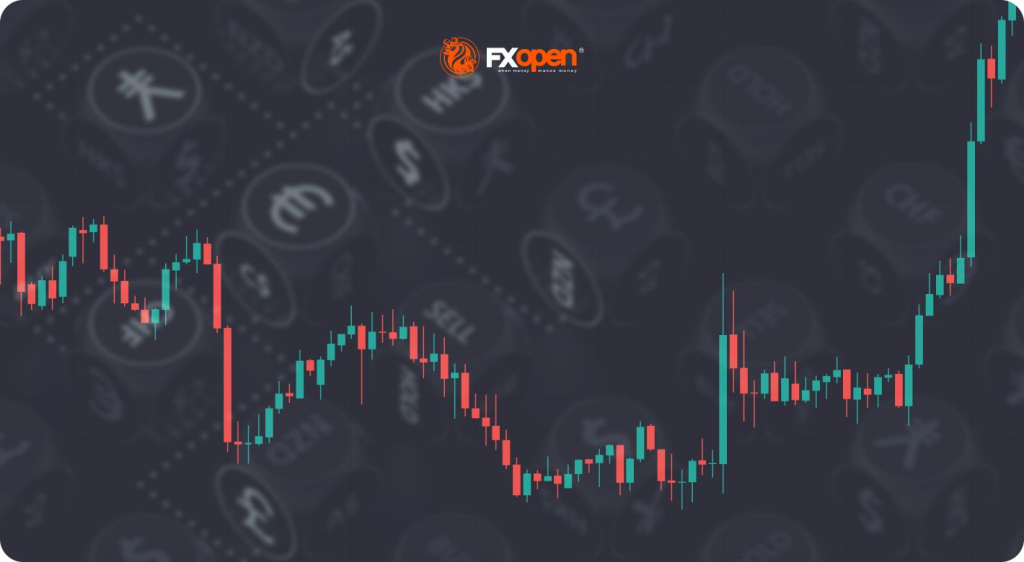Forex, small for international change, is the biggest financial market on the planet, with a daily trading volume exceeding $6 trillion. It’s wherever currencies are ordered and distributed, making it an important component of world wide finance. Forex trading requires the change of just one currency for another, and its acceptance stems from the chance to benefit from the fluctuating trade rates.
The forex industry works 24 hours each day, five times weekly, thanks to its decentralized nature. Major financial locations global, such as for example London, New York, Tokyo, and Sydney, lead to the constant trading activity. This convenience makes it easy for traders from different time locations to participate.
Forex trading mostly does occur in currency sets, such as for instance EUR/USD (Euro/US Dollar) or USD/JPY (US Dollar/Japanese Yen). The initial currency in the couple is the base currency, and the second reason is the offer currency. The trade rate presents the quantity of the estimate currency expected to purchase one system of the bottom currency. Traders suppose on whether a currency may appreciate (go up) or depreciate (go down) in value in accordance with their counterpart.
To participate in forex trading, one requires a forex broker, a financial intermediary that provides access to the forex market. Brokers present various trading platforms, instruments, and resources to greatly help traders produce educated decisions. Additionally, traders can choose between different types of records, such as for example standard, tiny, or micro reports, depending on the risk tolerance and trading capital.
Technical and essential analysis are two simple approaches found in forex trading. Complex examination requires understanding historical price graphs, patterns, and signals to predict potential value movements. In comparison, basic analysis is targeted on financial and geopolitical factors that will influence currency values. Successful traders often combine equally approaches to produce well-informed trading decisions.
Risk administration is a crucial aspect of forex trading. Traders use stop-loss instructions to restrict potential failures and take-profit purchases to protected profits. Power, a double-edged sword, may boost equally gets and losses, so it can be used wisely. Traders should not invest a lot more than they are able to lose.
Psychology represents a significant role in forex trading. Emotions like concern and greed may lead to impulsive decisions, causing losses. It’s important for traders to forex up control and adhere to a trading plan. Constant understanding, practice, and changing to changing market conditions are critical to long-term success in the forex market.

In conclusion, forex trading is a dynamic and available industry that gives sufficient possibilities for profit. Traders may participate in that worldwide market, capitalizing on currency price fluctuations. However, it’s essential to approach forex trading with warning, emphasizing risk administration, knowledgeable decision-making, and constant learning how to navigate the difficulties of the foreign trade market.
